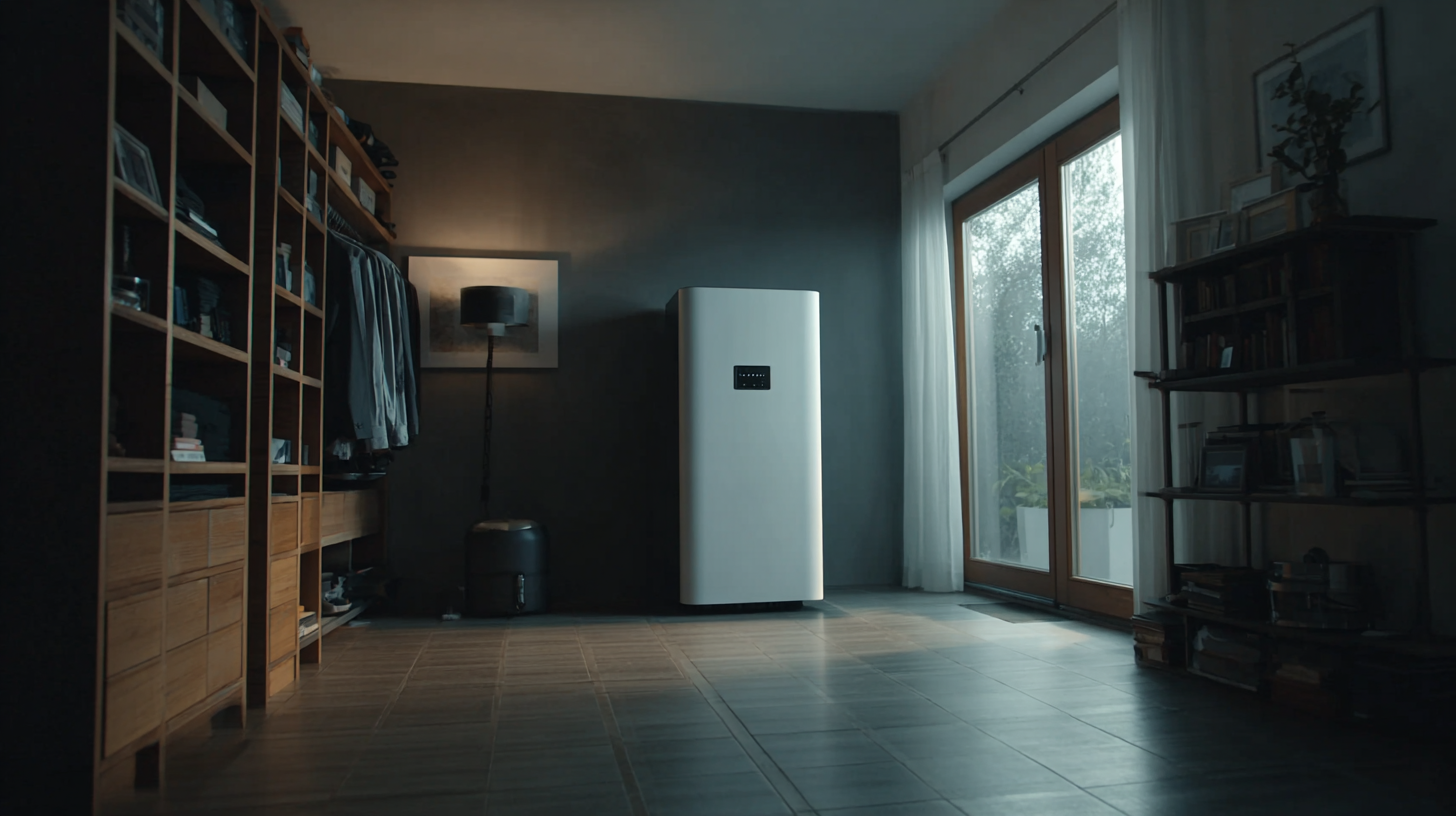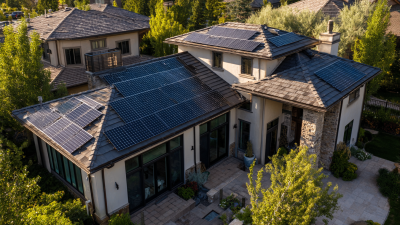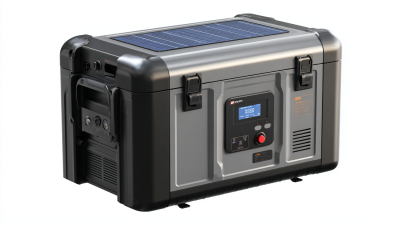MH Energy Your Better Solar and Energy Partner
MH Energy Your Better Solar and Energy Partner
As homeowners increasingly seek ways to enhance energy efficiency and reduce utility bills, the integration of Solar Battery Storage solutions has emerged as a pivotal strategy. According to the U.S. Energy Information Administration, about 30% of energy consumption in residential buildings is attributed to heating, cooling, and electrical devices. By utilizing solar batteries, which can store excess energy generated from solar panels, homeowners have the potential to increase their energy independence and lower their reliance on the grid.
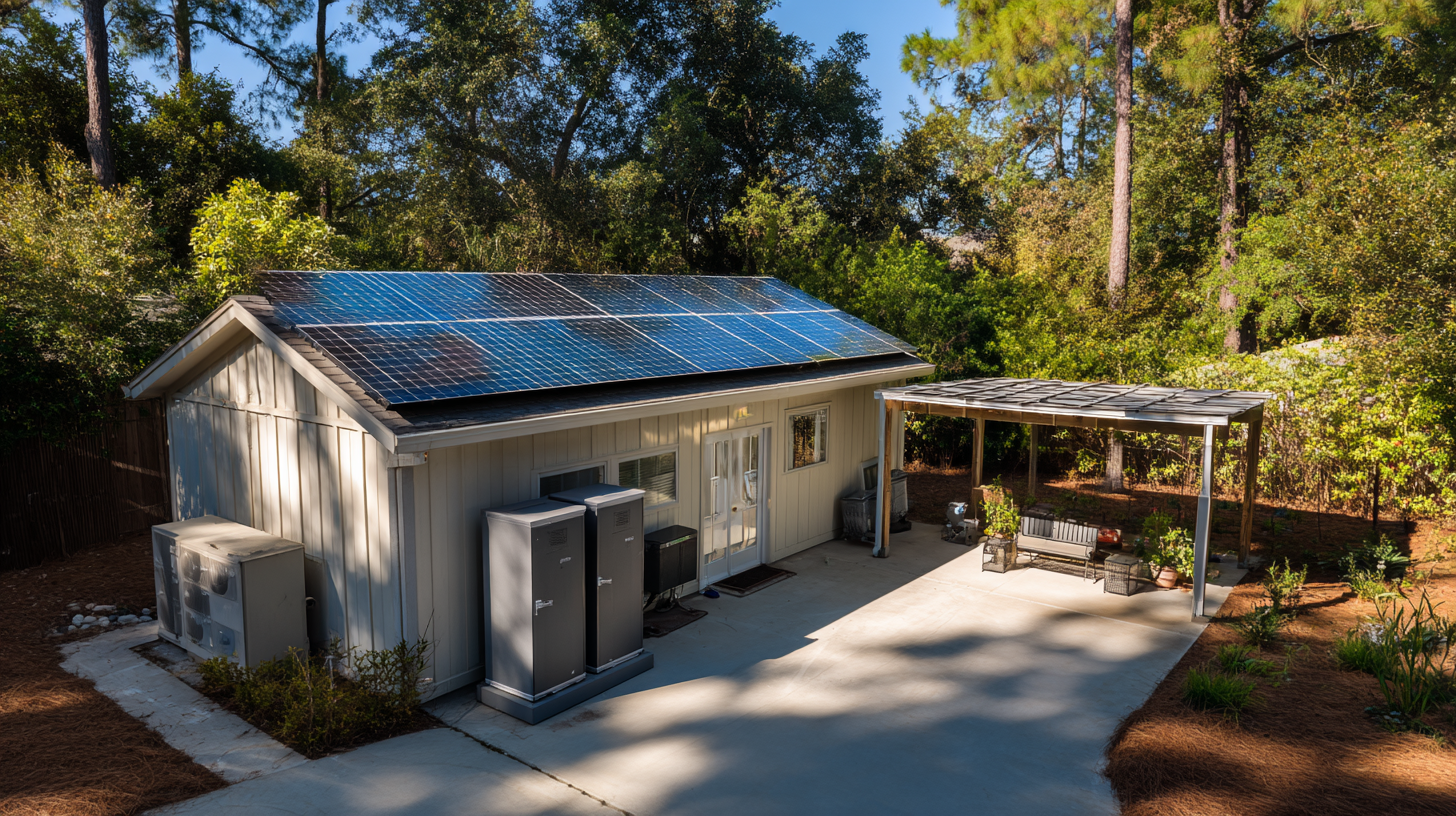
A report from the National Renewable Energy Laboratory indicates that as solar battery technology continues to advance, energy savings can reach up to 70% during peak usage periods. This growing trend not only supports sustainability efforts but also offers financial incentives, making it a worthwhile investment for those looking to optimize their home energy use.
Solar battery storage solutions are becoming increasingly popular among homeowners looking to optimize their energy use. At its core, solar battery storage allows homeowners to capture excess energy generated from their solar panels during the day and store it for use when the sun isn’t shining. This technology not only maximizes the efficiency of solar energy systems but also offers a reliable backup power source during outages, thereby enhancing energy independence.
Understanding the basics of solar battery storage is essential for any homeowner considering this investment. Solar batteries, such as lithium-ion or lead-acid types, vary in capacity, lifespan, and efficiency. It's crucial to evaluate factors like the size of your solar system, your household energy consumption, and your specific energy goals. By choosing the right battery solution, you can reduce reliance on the grid, lower energy bills, and contribute to a more sustainable environment, all while ensuring that your home remains powered during peak demand times or emergencies.
Assessing your home's energy needs is crucial for determining the optimal size of your solar battery storage system. According to a report from the U.S. Department of Energy, the average American household consumes about 877 kWh per month. By evaluating your energy consumption patterns, including peak usage times, you can decide on the battery capacity that will best suit your needs. For example, if your home requires approximately 30 kWh per day, a battery with a storage capacity of around 10 kWh might be insufficient, especially during cloudy days when solar generation is reduced.
Moreover, understanding your energy production from solar panels is essential. Industry analysis indicates that a typical residential solar system can generate around 1,000 kWh per month, depending on location and panel efficiency. By combining the data of your household consumption with potential solar generation, you can identify the right battery size, ensuring you have enough backup power for overnight and emergency use. Furthermore, considering future energy needs, such as electric vehicle charging or home expansion, can influence your battery size decision, maximizing the return on your renewable energy investment.
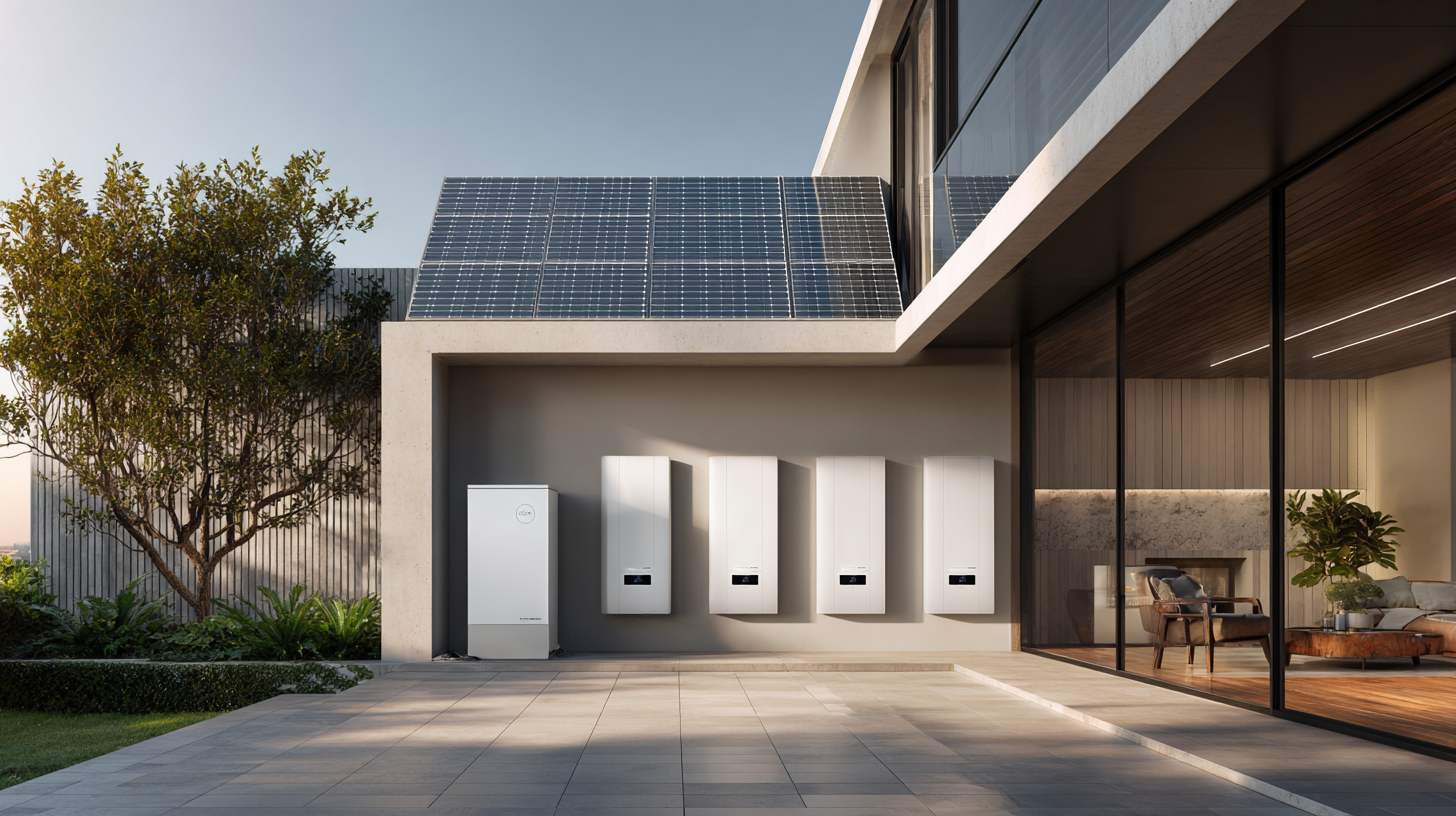
Choosing the right solar battery system for your home is crucial, especially with significant government incentives available. In New South Wales, households can receive up to AUD 2400 in subsidies to install solar battery systems. This financial support makes it an ideal time for homeowners to invest in solar energy storage solutions that can maximize the benefits of their solar panels. With expert consultations and streamlined installation services, families can seamlessly tap into these subsidies, ensuring they are well-equipped to manage their energy usage efficiently.
When selecting a solar battery system, it’s essential to consider the capacity and compatibility with your home’s unique energy needs. Modern systems offer robust features that allow for substantial solar input management, enabling households to store excess energy produced during the day for use at night. This not only reduces reliance on the grid but also allows homeowners to optimize their energy savings, especially as energy costs continue to rise. Technology advancements have made solar battery systems more accessible and effective, paving the way for greater energy independence and sustainability.
This chart illustrates the average monthly energy consumption reduction achieved by homes that have implemented solar battery storage solutions. The data reflects typical energy savings in kilowatt-hours (kWh) across different months.
Integrating solar battery storage with existing solar panels can significantly enhance the efficiency and reliability of your home energy use. Solar panels generate electricity during sunlight hours, but without a storage solution, excess energy is often wasted. By adding a solar battery, homeowners can store surplus energy produced during the day for use during nighttime or cloudy days, ensuring a consistent energy supply. This integration not only maximizes the utility of solar energy but also reduces reliance on the grid, ultimately lowering electricity bills.
Moreover, solar battery storage systems can help homeowners manage energy consumption more effectively. With the ability to monitor energy levels, families can discharge stored energy during peak usage times when electricity rates are highest, further optimizing costs. Additionally, many modern solar batteries also come with smart technology that allows for remote monitoring and control, making it easier to manage energy usage efficiently. By strategically combining solar panels with battery storage, homeowners can achieve greater energy independence while contributing to a more sustainable environment.
| Energy Use Optimization Method | Description | Potential Savings (%) | Initial Cost ($) | Payback Period (Years) |
|---|---|---|---|---|
| Solar Battery Installation | Installing batteries to store solar energy for later use. | 30 | 10,000 | 5 |
| Energy Management Systems | Smart systems to monitor and optimize energy consumption. | 20 | 2,500 | 3 |
| Time-of-Use Rate Management | Utilizing stored energy during high-cost periods. | 15 | 0 | 1 |
| Energy Efficiency Upgrades | Upgrading appliances and insulation to reduce overall energy use. | 25 | 5,000 | 4 |
| Demand Response Programs | Participating in programs that reduce load during peak demand times. | 10 | 0 | 1 |
Maximizing efficiency in managing stored energy is crucial for homeowners seeking to optimize their solar battery systems. One effective practice is to monitor your energy consumption patterns. By understanding peak usage times—when electricity demand is highest—you can strategically store energy for later use, minimizing reliance on grid energy during these hours. This approach not only maximizes the benefits of your solar energy system but also reduces your electricity bills.
**Tip:** Consider using smart home technology to automate your energy management. Devices like smart thermostats and energy monitors allow you to track usage in real time, making it easier to adjust your habits and maximize the benefits of your stored energy.
Another best practice is to maintain proper battery health. Regularly checking the battery's state of charge and ensuring it is not completely drained can significantly enhance its efficiency and lifespan. Additionally, charge your battery during peak sun hours to take full advantage of solar energy production, ensuring that you have enough stored energy for nighttime usage or cloudy days.
**Tip:** Schedule routine maintenance checks for your solar battery storage system. This preventive measure ensures that everything is functioning optimally and helps to identify potential issues before they become costly problems.
